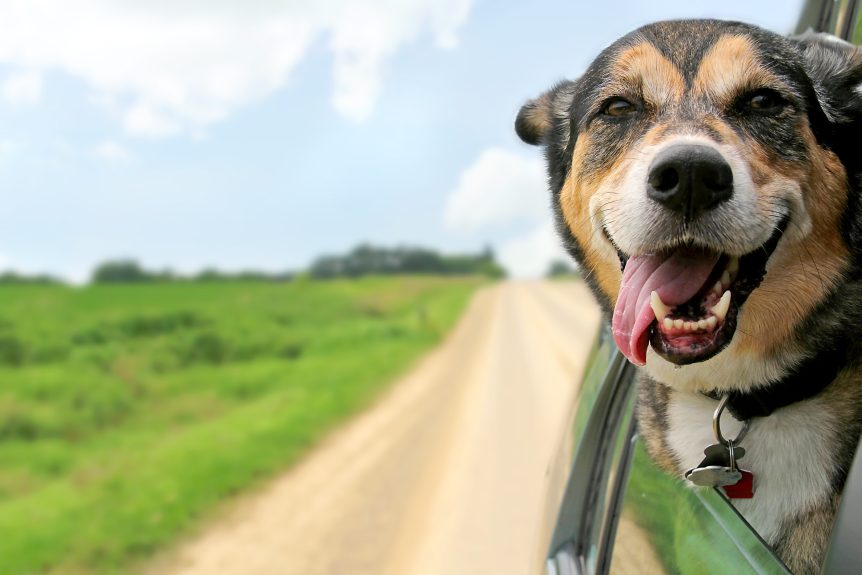As much as we love dogs, there is no denying that some breeds have a reputation for being more dangerous than others. In fact, insurance companies often refuse to cover certain breeds due to their perceived risk of biting or attacking humans. Here are some of the most dangerous dog breeds and why insurance companies have a problem with them:
- Pit Bulls:
Pit Bulls are at the top of the list of the most dangerous dog breeds. They are often involved in severe attacks and are banned in several countries. Insurance companies are hesitant to cover these breeds due to their aggressive nature and high unpredictability, which puts them at high risk of causing significant injury. - Rottweilers:
Rottweilers are known for their strength and dominance. They require firm training and socialization to prevent aggressive behavior. Like Pit Bulls, they often make headlines for their involvement in severe attacks and are considered high-risk breeds by insurance companies. - German Shepherds:
German Shepherds are commonly used as guard dogs due to their intelligence and bravery. However, they can be overly-protective and territorial, which puts them at risk of biting or attacking strangers. Insurance companies are often hesitant to cover them. - Doberman Pinschers:
Dobermans are known to be loyal and protective, which can sometimes lead to aggression towards intruders. They require consistent training and socialization to prevent any dangerous behavior. Insurance companies have reported a higher likelihood of dog bites involving Doberman Pinschers than other breeds.
It’s important to note that not all dogs of these breeds are dangerous and that incidents involving certain breeds are a result of poor training and socialization. However, statistics and studies suggest that some breeds are more predisposed to aggressive behavior, which is why insurance companies have a problem with them.
In conclusion, while some insurance companies may refuse to cover certain dog breeds, it is critical as a dog owner to ensure that your pet is trained, socialized and safely restrained.

